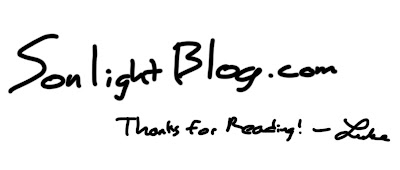On Christmas Eve day, we met as a smaller family group and pulled out my new Christmas gift set of handbells. We passed out the bells to the group and played several Christmas carols I had written out with color coded notes. The music we made was definitely joyful, and the cacophony fun to create.
As I pulled out the bells, I noticed that my daughter-in-law, Brittany, pulled aside the girls she and Luke are caring for and explained to them exactly what was coming. She walked them through what we were going to do, explained what their roles would be, and basically prepared them to not fail.
What she did caused me not only to notice, but to meditate on what she had done. I thought: That is perfect socialization. Rather than throw kids into situations where they either act inappropriately out of discomfort or they must watch surreptitiously out of the corner of their eyes to see what others are doing, we, as parents, are ideally placed to provide our children many of the clues they need to succeed in life. We can help them walk into unfamiliar circumstances poised and prepared to do all things well.
For example, we can show our children how to decorate cookies rather than just hand them a bowl of frosting and candies. As I gave my one-year-old granddaughter a butter knife with frosting, I held up my decorated cookie and showed her how I had spread the frosting and added the M&M's in the corners. She confidently picked up the knife, spread frosting on her cookie and added M&M's to complete her own beautifully decorated cookie.
Then, at the Christmas Eve service, I saw a negative example—and I was the culprit! During the service, our church has the little children come up to the front and listen to a children's Christmas story. Brittany did not plan on having the kids go up, but I said, "No, let me take them up!"
So I took all the grandchildren by the hand and brought them to listen to the story.
While the kids stood quietly and listened to the story, it suddenly struck me: they would have gotten much more out of the story if I had explained to them what was about to happen, how the storytelling would take place, what they should do, and so forth. Because I had failed to orient them, none of the kids thought to look at the pictures of the story displayed on the big screen, and I'm not sure they followed the story line either.
Perhaps you can think of examples where either you did—or did not—instruct your children beforehand about what was about to happen or how they should behave in a certain situation. I expect your stories may prove helpful to others. Will you share them with me—either personally and directly (write to president@sonlight.com) or—better—by posting on the Beam forum?
Thank you!
May we model and explain to our children how to behave appropriately in all situations. In so doing, may we help our children cultivate the confidence and skills they need for life.
Blessings to you and yours in the New Year!
Sarita










